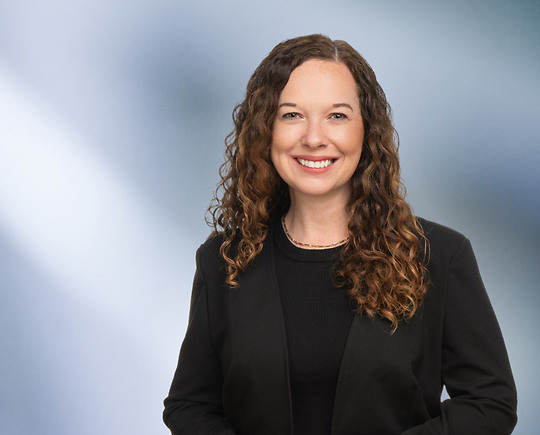
Michigan Bankruptcy Blog
In re Newcomb Print Communications, Inc., Case No. 12-08042 (Bankr. W.D. Mich., Sept. 6, 2013).
When a debtor files a case under Chapter 11 and retains legal counsel, another person or entity may fund the debtor’s retainer. But even when the debtor is not the source of the funds, the retainer is property of the bankruptcy estate – which is particularly important if the case later converts to Chapter 7.
In In re Newcomb Print Communications, the debtor company was required to pay a $9,000 retainer to its Chapter 11 bankruptcy attorney. The retainer was allegedly paid by a related company, not by the debtor or its bankruptcy estate. Although the Chapter 11 attorney was employed by the estate, no fee application was filed. The case then converted to Chapter 7, and the Chapter 7 trustee demanded turnover of the pre-petition retainer, arguing that it was property of the estate. The debtor’s attorney argued that the retainer was not subject to turnover because it was paid by a non-debtor entity.
The bankruptcy court held that the retainer was property of the estate and thus subject to turnover under § 542. The court first noted that the retainer agreement did not specify who would be entitled to any unearned portion of the retainer. The court then concluded that under either state or federal law, the retainer is property of the estate. Under state law and the Michigan Rules of Professional Conduct, a retainer is held in trust for the client, regardless of who pays the retainer. Further, under Sixth Circuit authority (In re Downs, 103 F.3d 472 (6th Cir. 1996)), the debtor’s beneficial interest in a bankruptcy retainer is property of the estate. Consequently, the attorney was required to turn over the retainer to the trustee, subject to any liens or interests that may exist.
This case is important for debtors’ attorneys and trustees as they navigate the issues that arise when a case converts to Chapter 7. If you have any questions about this case, please contact the author.
Note: The author, Laura J. Genovich, is the Chapter 7 Trustee in the case discussed.
- Shareholder
Laura's practice focuses on bankruptcy, municipal law, collections, and trial-level and appeals litigation. In the bankruptcy arena, she represents primarily Chapter 7 trustees. Laura has handled a wide range of trial and ...

